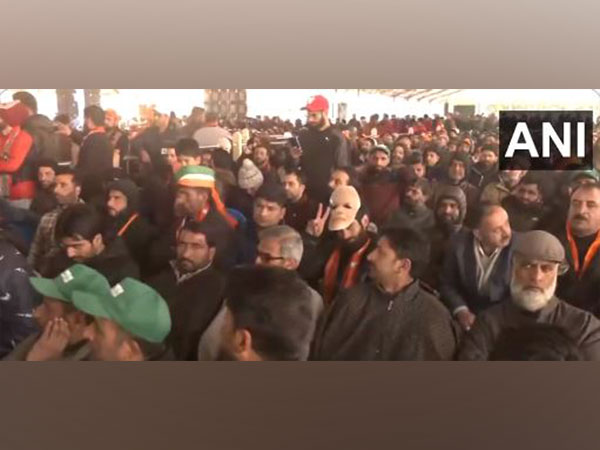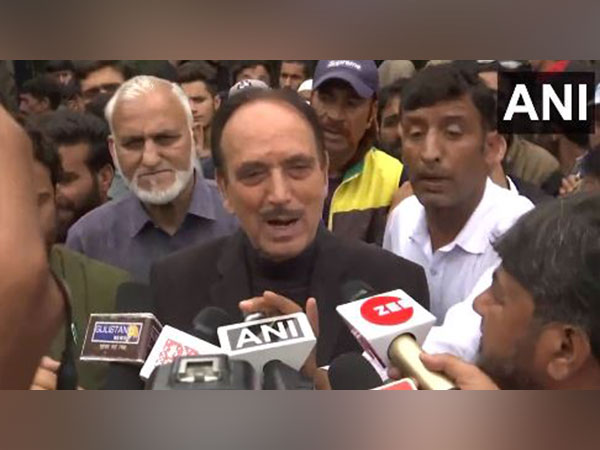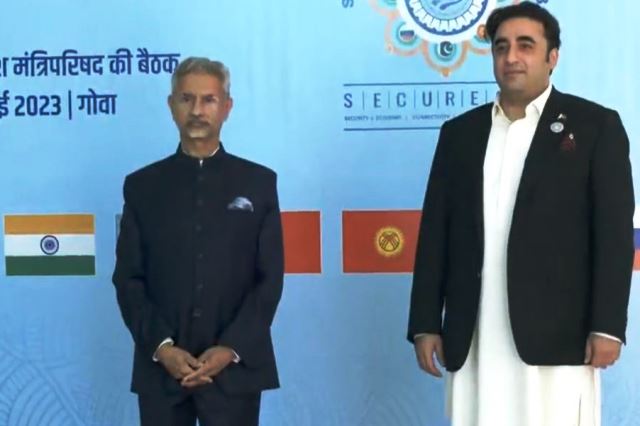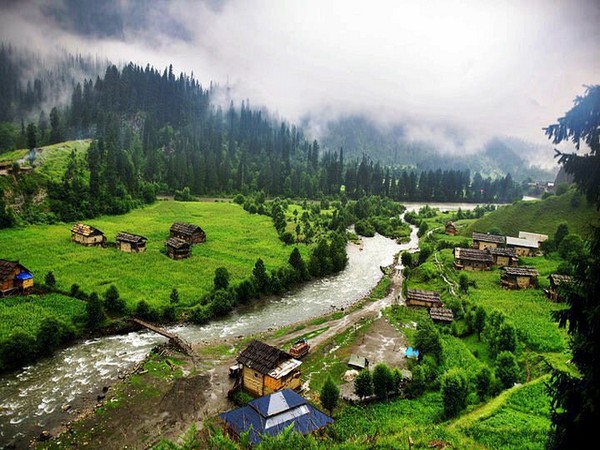Justice Sanjay Kishan Kaul, who retired as a judge of the Supreme Court on December 25, has said that the verdict of the apex court on Article 370 cannot be looked at from a federalism point of view.
The Supreme Court had faced criticism from certain sections of society on its judgement where it had upheld the Centre’s decision on abrogation of Article 370 — a provision in the Constitution that gave special status to the erstwhile state of Jammu and Kashmir.
In an interview with ANI, Justice Kaul said on Friday, “I believe that the Kashmir verdict cannot be looked at from a federalism generally point of view. It’s not as if what has happened in Kashmir is to be replicated or can be replicated elsewhere. The reason is that Kashmir assimilation in India occurred in a slightly different mode, and therefore, there was a Constituent Assembly, a Constitution, and then assimilation over a period of time by issuance of GOs (government orders) over a period of time. Some shells still remain, and some aspects remain, and in the political wisdom of the government, they decided to do away with it.”
Justice Kaul, was part of the five-judge Constitution bench which on December 11 delivered the verdict on petitions challenging the Centre’s 2019 decision to abrogate Article 370. The Supreme Court had unanimously held that Article 370 was a “temporary provision”.
Talking to ANI, Justice Kaul explained that, “… So it gave rise too broadly to question apart from any other legal nuances, that is it something which could have been done, and number two whether the process for was correct or not. That could have been done again there’s a unanimous view on it of the judges at present, which is that the introduction of the provision in the chapter where it was and what was envisaged was a temporary measure, not temporary measure till the report was submitted and the new Constitution formed. But it was a slow process of assimilation which is what we have accepted, and ultimately it is fully assimilated now.”
On whether the abrogation of Article would be done in this manner by the Centre, Justice Kaul said that it was a little more complex issue but then it has to be understood in the context of the position which was prevalent, which was that there was no State Assembly which was in existence and the government had adopted a particular notion and went through the Parliament.
“So, it’s not as if suddenly the government accepted it. Many things were debated. Questioning whether it could have been done this way or not. Again, the unanimous view (of the bench) was that it could have been done this, that’s all I can say. Rest is in the judgment,” Justice Kaul added.
Justice Kaul, who was appointed to the Supreme Court in 2017, was also part of the verdict which by majority view (of the judges) turned down the petitioners’ plea to read same-sex marriage as part of the Special Marriage Act — a secular law that recognises inter-faith marriages.
However, the minority view of Chief Justice DY Chandrachud and Justice Kaul opined on granting civil union rights to the LGBTQ community.
On same-sex marriage judgement, Justice Kual told ANI that the community has various options left with it after the top court’s verdict and the community can ask the government to bring in some laws, and seek reconsideration of the verdict.
“They can wait for some time till the thinking process changes in the society,” he added.
On being asked what he thinks about the system of judges appointing judges (Collegium) is the best mechanism or is there a version of the National Judicial Appointments Commission (NJAC) system that he would like to recommend, Justice Kaul said, Justice Kaul, who was also a part of the top court Collegium for over a year and that made several recommendations for the appointment and transfer of judges in constitutional courts, said that in retrospect he believes that NJAC was dealt with quickly at that time.
“Yes, I believe, in retrospect it was dealt with quickly at that time. Some of the judges who were party to the bench (which delivered the judgement) later on said that we had made a mistake. I get a cue from that, so maybe it could have been given a chance. Maybe it could have been tweaked or changed,” Justice Kaul told ANI.
“But the post (NJAC) judgment process has brought certain challenges in the Collegium system, not otherwise. I think the Collegium system has been tweaked, but the insistence of the political setup for a larger role than envisaged in the Collegium system has been a matter of some friction,” he added.
The Supreme Court on March 2, 2023, had directed for the constitution of a committee consisting of the CJI, the Prime Minister, and the Leader of Opposition in Lok Sabha for appointment of the Chief Election Commissioner and the Election Commissioners in India.
However, the new Bill passed by the Parliament has dropped the CJI from the selection committee to appoint CEC and ECs. The Bill faced criticism from the Opposition saying it would give the executive the power to select CEC and ECs who would favour the ruling party.
On the removal of CJI from the selection committee, Justice Kaul told ANI that the Supreme Court passed its judgement to fill the vacuum that was there earlier because there was no law.
“So what the court said was to fill in a vacuum. It said that because there is no law we are doing this. Now the government in its wisdom has filled that vacuum and has taken through Parliament. So, the law is created by Parliament unless it is challenged (in the top court) and dealt with.”
“Yes, the Election Commission does have a very important role. (In the) past the Election, Commissioners have been appointed that way only. So it’s being debated now because of the Supreme Court judgment. It will be for the court to test this proposition. But somehow the consensus could not be built in Parliament to have Chief Justice or any other nominee or somebody as a third person,” he added.
Justice Kaul also favoured increasing the retirement age of High Court judges, which is 62, to 65 as of Supreme Court judges.
On being asked about his retirement plans, Justice Kaul, who hails from Kashmir, said he has made a bucket list of all those things which he would do post-retirement and made it clear that he would not accept any government posts after retirement.
“Retirement plans are to do what I have not been able to do. Spend more time with my family, especially my grandchildren, who are young in age. I used to play golf which I left. Maybe start, listen to music, read books, go and see films, watch plays which I have an interest in. (To) travel, (as) I am very fond of travelling. I have made a bucket list of all those things. Also, I had some interest in Kashmir and would be travelling more there to spend more time there than I had been able to. And lastly, I have to do some private legal work to keep my mind occupied,” Justice Kaul said.
Justice Kual has authored several ground-breaking judgments since his elevation to the apex court on February 17, 2017. Prior to his appointment in the Supreme Court, Justice Kaul served as the Chief Justice of Punjab and Haryana High Court and Madras High Court. Before that, he was a judge in the Delhi High Court. (ANI)
For more details visit us: https://lokmarg.com/








